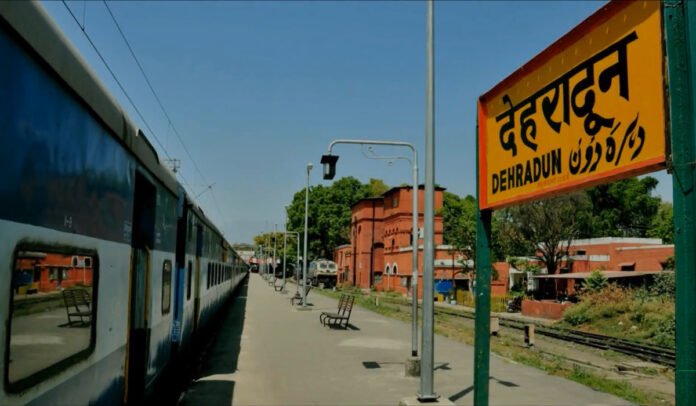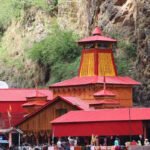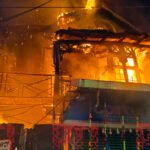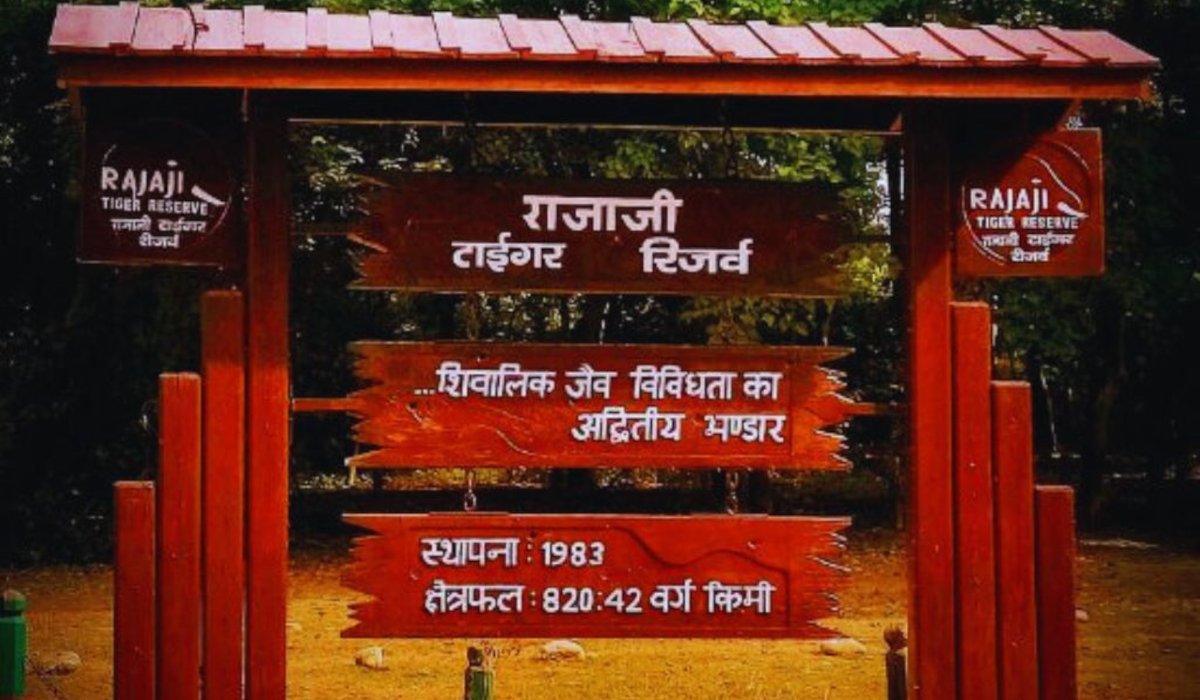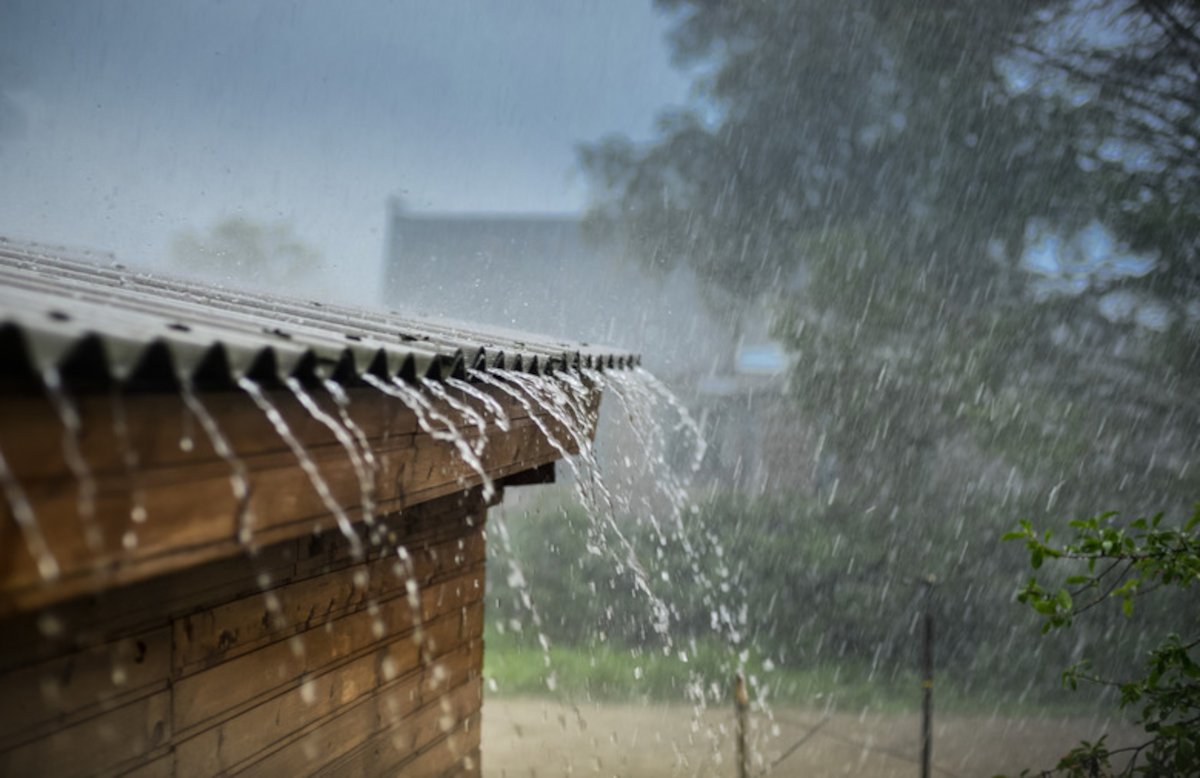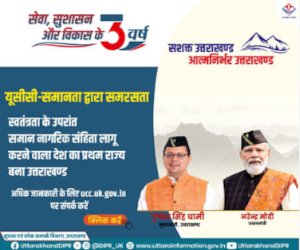The state has registered a remarkable improvement in air quality during Diwali 2025, marking a major environmental success for the state. Supported by technological innovation, effective administration, and active public participation, most cities recorded moderate or satisfactory air quality levels, a significant improvement compared to the previous year.
Our correspondent reports that on October 20 (Monday), when Diwali was celebrated across the state, the Air Quality Index (AQI) in key cities remained largely within acceptable limits. Dehradun recorded an AQI of 128, Rishikesh 54, Tehri 66, Kashipur 168, Roorkee 190, Haldwani 198, and Nainital 111. By contrast, in Diwali 2024, Dehradun and Kashipur had reported levels above 260, which were categorised as poor.
Chief Minister Pushkar Singh Dhami said that the state’s aim is not limited to maintaining clean air during festivals but ensuring pollution-free conditions throughout the year. He added that this year’s results prove that innovation, awareness, and collective participation can bring about real and measurable environmental change.
Our correspondent adds that compared to other states, Uttarakhand performed exceptionally well. While Delhi’s AQI reached 351, categorised as very poor, and Lucknow, Patna, and Bhopal reported values above 225, most of Uttarakhand’s cities remained in the moderate range. The improvement highlights the state’s commitment to clean air, sustainable growth, and public health.
According to R. K. Sudhanshu, Chairman of the Uttarakhand Pollution Control Board (UKPCB), the success of the clean Diwali initiative was the result of coordinated planning and citizen cooperation. He said that drone-based water sprinkling, modern mechanical sweeping machines, and extensive awareness campaigns had a tangible impact in reducing particulate matter levels across urban areas.
In Dehradun, drone-based water spraying was used to control PM₁₀ levels, while mechanical sweeping vehicles, procured under the National Clean Air Programme (NCAP) with support from the Central Pollution Control Board (CPCB), helped significantly reduce road dust in Dehradun and Rishikesh. These measures were complemented by strict monitoring of industrial emissions and traffic management around congested zones.
Public awareness also played a critical role in this success. The “Green Diwali, Clean Diwali” campaign conducted across schools and colleges encouraged citizens to celebrate in an environmentally friendly way and limit firecracker usage. The initiative led to a visible change in public behaviour, resulting in lower pollution levels across the state.
The Chief Minister acknowledged the contribution of students, civic volunteers, and local organisations in achieving this improvement. He said that public participation in government-led environmental drives is a sign of Uttarakhand’s evolving civic consciousness.
Officials noted that Dehradun and Rishikesh also improved their rankings in the Swachh Survekshan 2025, an assessment conducted by the Ministry of Environment, Forest and Climate Change. These results, combined with the Diwali air-quality data, reflect Uttarakhand’s growing success in implementing long-term strategies for cleaner, greener, and more sustainable urban management.
Experts believe that Uttarakhand’s model — combining technology with awareness — could serve as an example for other states struggling with post-festival air pollution. They noted that continuous monitoring, community engagement, and enforcement of emission controls will be essential to maintain these gains year-round.


